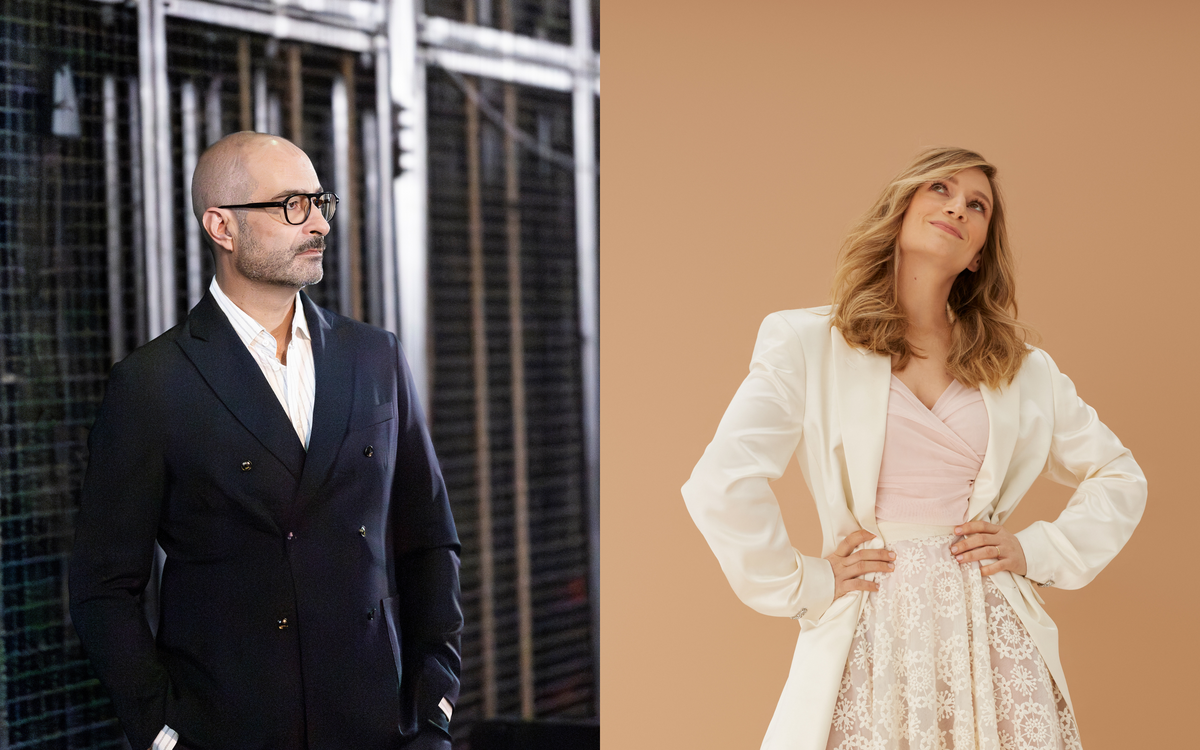NEWS

28.02.2025
SABINE DEVIEILHE & ANTONELLO MANACORDA | Pelléas et Mélisande in Paris
In 1892, Claude Debussy, very much taken with Maurice Maeterlinck’s play, found it to be the ideal libretto for the musical form he had in mind: a lyric drama in which the characters would sing “like natural people”. Ten years later, this ground-breaking opera was premiered to great scandal. Wajdi Mouawad explores this fascinating work in his second production for the Paris Opera.
With her most recent success as Mélisande last summer at the Bavarian State Opera, Sabine Devieilhe proved once again that this rich impressionistic tonal colour palette suits her particularly well, which we can hear especially in her recording of the scene Mes longs cheveux descendent tout le long de la tour. The French soprano is a perfect fit for Debussy's music and the mysterious character of Mélisande, as she is able to draw on a wide palette of colours and emotions with perfect diction, so that every word, every nuance of this incredibly beautiful and symbolic text by Maeterlink is understood.
Whether Offenbach at the Royal Opera or Mozart at the Opernhaus Zürich, time and again, conductor Antonello Manacorda is praised for his attentive approach to the singers on stage and sensitivity to each score. With Sabine Devieilhe, the pair collaborated previously back in 2018 for The Magic Flute at La Monnaie in Brussels, in a production that was once again acclaimed in part for Manacorda’s attentiveness “allowing the singers to achieve very precious details of execution, very fine nuances, and beautifully sensitive pauses that enhance the charm of the score and gave an overall impression of great care and very high quality”.
Audiences can look forward to a highly nuanced performance this February. For further insights into the concept behind the score, dive into the recent interview with director Wajdi Mouawad.
28 February 2025
&
4 | 9 | 12 | 15 | 18 | 20 | 25 & 27 March 2025
Opéra national de Paris | Opéra Bastille
Debussy: Pelléas et Mélisande


